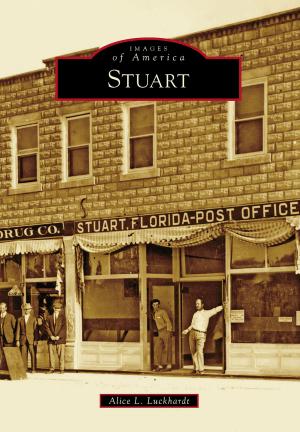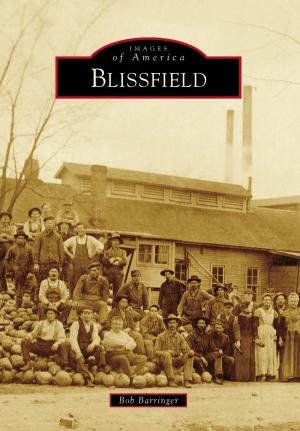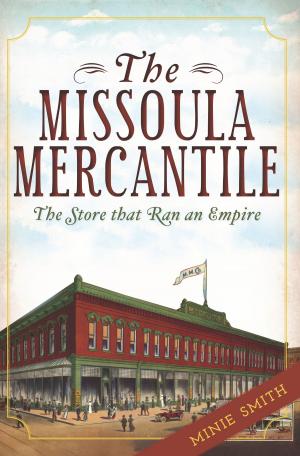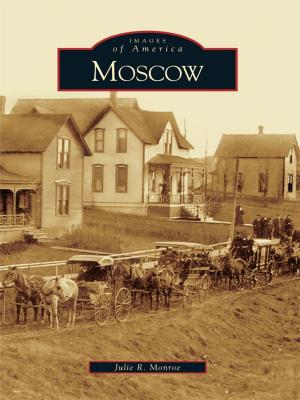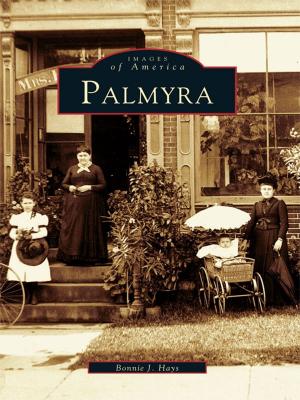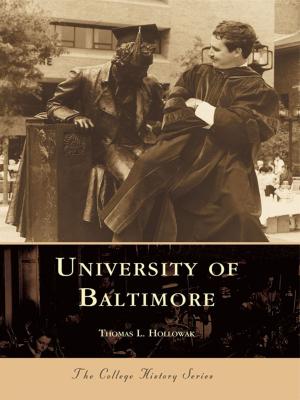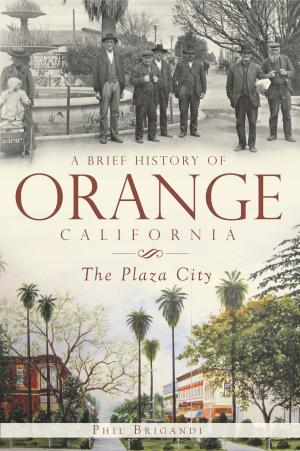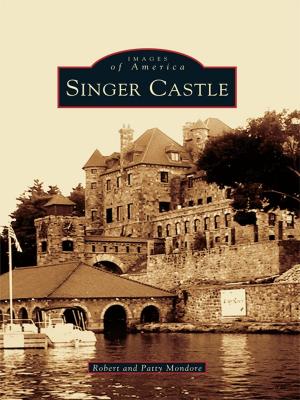| Author: | John Phillips | ISBN: | 9781439640449 |
| Publisher: | Arcadia Publishing Inc. | Publication: | December 6, 2010 |
| Imprint: | Arcadia Publishing | Language: | English |
| Author: | John Phillips |
| ISBN: | 9781439640449 |
| Publisher: | Arcadia Publishing Inc. |
| Publication: | December 6, 2010 |
| Imprint: | Arcadia Publishing |
| Language: | English |
Situated on the westernmost cliffs of the Palos Verdes Peninsula, the city of Palos Verdes Estates continues to fulfill former landowner and developer Frank Vanderlip's vision of the area as the nation's "most fashionable and exclusive residential colony," and it remains one of Los Angeles County's most affluent cities. Development of open land began in 1922 under the direction of landscape designer Frederick Law Olmsted Jr. One of the first master-planned communities in the United States, Palos Verdes Estates (PVE) became the first of the four peninsula cities to be incorporated, in 1939. Early community life revolved around the Palos Verdes Golf Club, La Venta Inn, Malaga Cove School, and the charming Malaga Cove and Lunada Bay commercial areas, both of which have been graced by their own distinctive fountains. The Malaga Cove Library, a fine example of Early Californian design executed by architect Myron Hunt in 1930, was placed on the National Register of Historic Places in 1995.
Situated on the westernmost cliffs of the Palos Verdes Peninsula, the city of Palos Verdes Estates continues to fulfill former landowner and developer Frank Vanderlip's vision of the area as the nation's "most fashionable and exclusive residential colony," and it remains one of Los Angeles County's most affluent cities. Development of open land began in 1922 under the direction of landscape designer Frederick Law Olmsted Jr. One of the first master-planned communities in the United States, Palos Verdes Estates (PVE) became the first of the four peninsula cities to be incorporated, in 1939. Early community life revolved around the Palos Verdes Golf Club, La Venta Inn, Malaga Cove School, and the charming Malaga Cove and Lunada Bay commercial areas, both of which have been graced by their own distinctive fountains. The Malaga Cove Library, a fine example of Early Californian design executed by architect Myron Hunt in 1930, was placed on the National Register of Historic Places in 1995.


